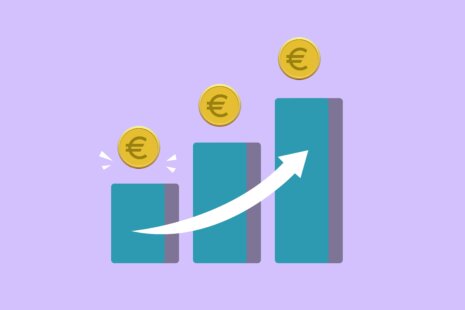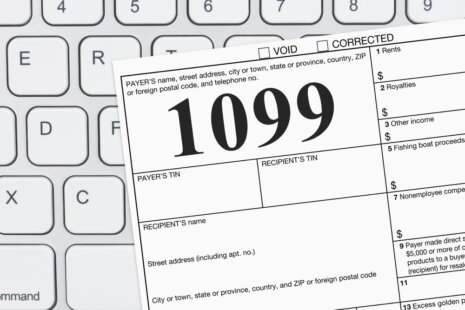When a business owner pays themselves from their business, it is typically referred to as a “draw” or “owner’s draw.” This is a common way for business owners, particularly in sole proprietorships, partnerships, and certain types of small businesses, to access the profits or funds of the business for personal use.
Here’s how it works:
- Sole Proprietorship: In a sole proprietorship, the business and the owner are considered one and the same for tax and legal purposes. The owner can withdraw money from the business as needed, and these withdrawals are referred to as “owner’s draws.”
- Partnership: In a partnership, each partner may take ownership of the business based on their agreed-upon ownership percentage. The partnership agreement outlines how these distributions are made.
- Limited Liability Company (LLC): LLC owners, known as members, can take owner’s draws in a similar manner. The operating agreement of the LLC outlines the rules and procedures for making these withdrawals.
- S Corporation: In an S Corporation, the owner may receive a combination of salary and owner’s draws. The salary is subject to payroll taxes, while the owner’s draws are not. It’s important to maintain a reasonable salary to avoid tax-related issues with the IRS.
Owner’s draws are not subject to withholding for income tax, Social Security, or Medicare at the time of withdrawal, which is why it’s important to set aside money for taxes, especially in the case of self-employment income. The frequency and amount of owner’s draws should be documented for accounting and tax purposes to ensure proper financial record-keeping and compliance with tax regulations. Business owners are generally responsible for managing their personal tax obligations related to these draws. It’s advisable to consult with a qualified accountant or tax professional to ensure compliance with tax laws and to make informed decisions about the timing and amount of the owner’s income from your business.




